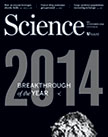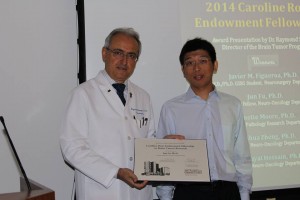 Back in May, we reported on a retraction from Molecular Cell that referred to a 2012 study the same group had published in Science. (A few weeks later, the lab head told us just how painful the process was.)
Back in May, we reported on a retraction from Molecular Cell that referred to a 2012 study the same group had published in Science. (A few weeks later, the lab head told us just how painful the process was.)
Now, the Science paper has been retracted. Here’s the notice: Continue reading Paper that formed basis of study retracted earlier this year retracted itself, from Science








